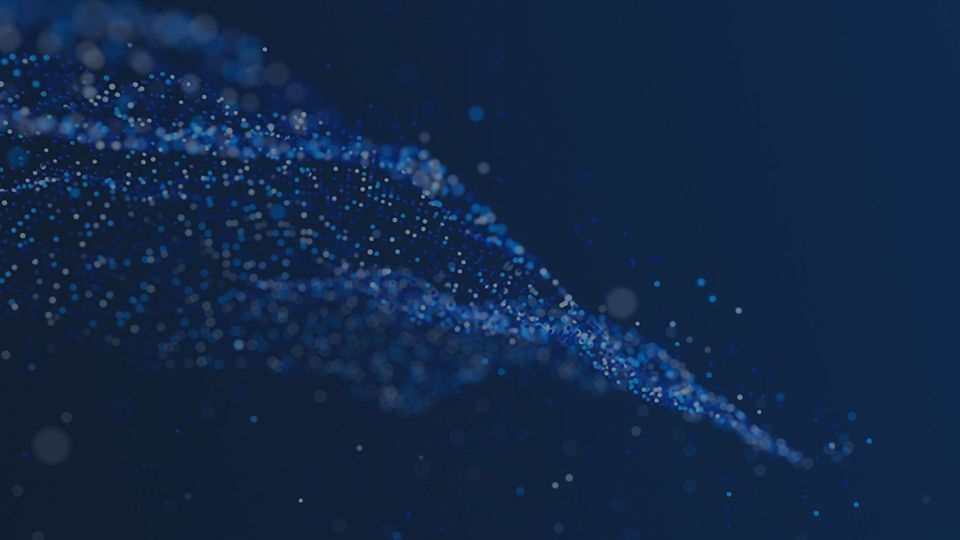Whole Gel Processing Procedure for GeLC-MS/MS Based Proteomics

Complete the form below to unlock access to ALL audio articles.
Background:
SDS-PAGE followed by in-gel digestion (IGD) is a popular workflow in mass spectrometry-based proteomics. In GeLC-MS/MS, a protein lysate of a biological sample is separated by SDS-PAGE and each gel lane is sliced in 5--20 slices which, after IGD, are analyzed by LC-MS/MS. The database search results for all slices of a biological sample are combined yielding global protein identification and quantification for each sample. In large scale GeLC-MS/MS experiments the manual processing steps including washing, reduction and alkylation become a bottleneck. Here we introduce the whole gel (WG) procedure where, prior to gel slice cutting, the processing steps are carried out on the whole gel.
Results:
In two independent experiments human HCT116 cell lysate and mouse tumor tissue lysate were separated by 1D SDS PAGE. In a back to back comparison of the IGD procedure and the WG procedure, both protein identification (>80% overlap) and label-free protein quantitation (R2=0.94) are highly similar between procedures. Triplicate analysis of the WG procedure of both HCT116 cell lysate and formalin-fixed paraffin embedded (FFPE) tumor tissue showed identification reproducibility of >88% with a CV<20% on protein quantitation.
Conclusions:
The whole gel procedure allows for reproducible large-scale differential GeLC-MS/MS experiments, without a prohibitive amount of manual processing and with similar performance as conventional in-gel digestion.
The article is published online in Proteome Science and is free to access.

